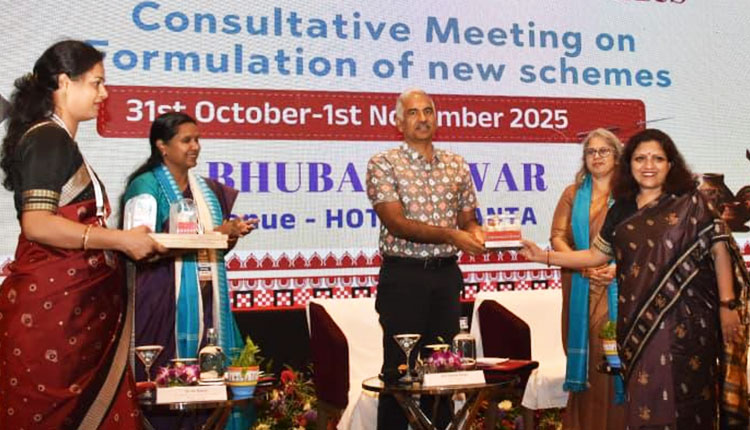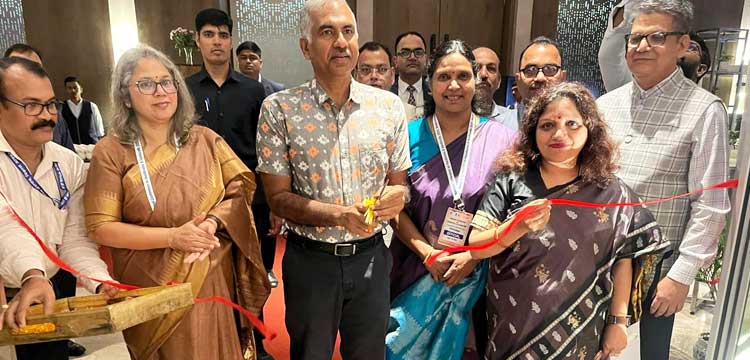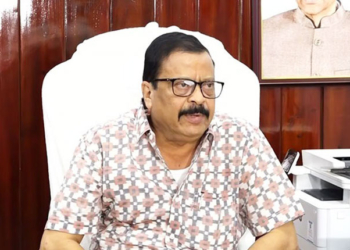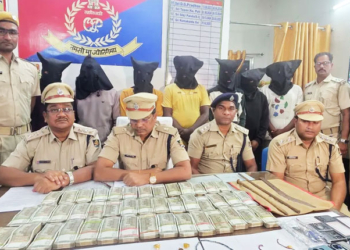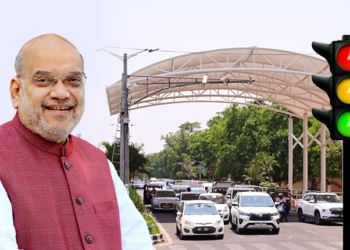Bhubaneswar: The National Conference on Handlooms and Handicrafts, organised by the Ministry of Textiles, began today at Hotel Taj Vivanta, Bhubaneswar, celebrating India’s rich weaving traditions and exploring pathways for future growth.
The two-day event aims to empower artisans, promote India’s craft economy, and strengthen the handloom and handicraft sectors through knowledge sharing, innovation, market linkages, and collaboration among states.
Inaugurating the conference, Chief Secretary Manoj Ahuja highlighted India’s illustrious textile legacy and called for sustained efforts to foster innovation, inclusivity, and sustainable growth among artisan communities.
Speaking at the inaugural session, Veena Kumari Meena, DC (Handlooms), Ministry of Textiles, and Amrit Raj, DC (Handcrafts), Ministry of Textiles, emphasised India’s vision to strengthen its traditional craft sectors, enhance artisan livelihoods, and position Indian handlooms and handicrafts as global symbols of sustainability and inclusive development.
Delivering the welcome address, Guha Poonam Tapas Kumar, Commissioner-cum-Secretary, Handlooms, Textiles & Handicrafts Department, reaffirmed the state government’s commitment to empowering weavers and artisans through initiatives that blend tradition with technology.
Following the inauguration, a series of thematic sessions showcased best practices from various states, focusing on key areas such as market linkages, cluster development, infrastructure, welfare, skill enhancement, and raw material supply.
The first session, “Market Connect: Expanding Reach, Building Brands,” featured presentations from Assam, Haryana, Uttar Pradesh, and Rajasthan, highlighting state-led initiatives that enhance market access and global visibility for local artisans.
Subsequent sessions will delve into cluster-based development (Andhra Pradesh, Karnataka), infrastructure and craft villages (Madhya Pradesh, Odisha, Meghalaya, Nagaland), and welfare and skill development programmes (Tamil Nadu, Odisha, Himachal Pradesh). An Open House Discussion will conclude the conference, providing a platform for direct interaction among policymakers, artisans, and stakeholders, and fostering a participatory dialogue on the future of India’s handloom and handicraft sectors.




